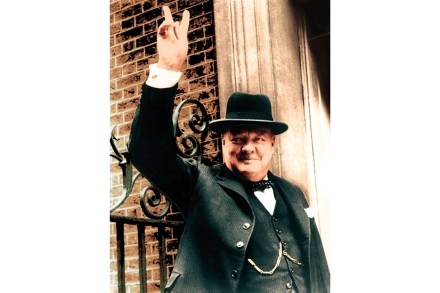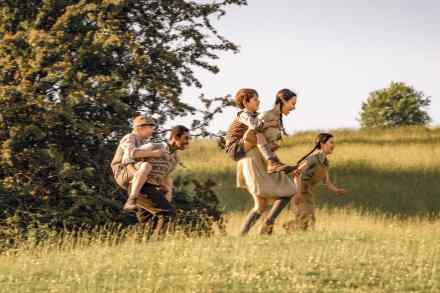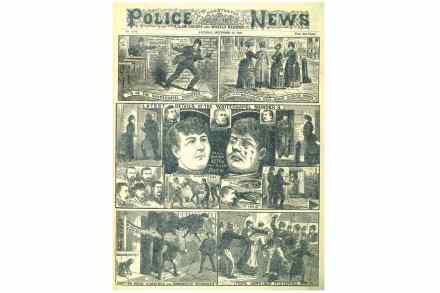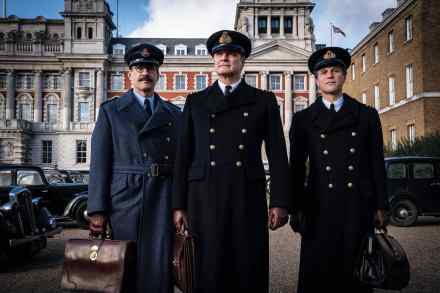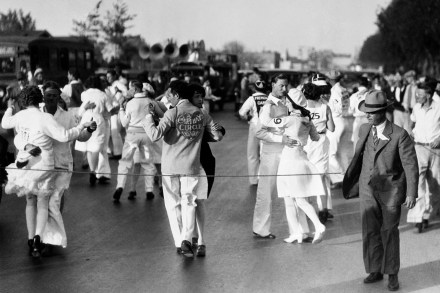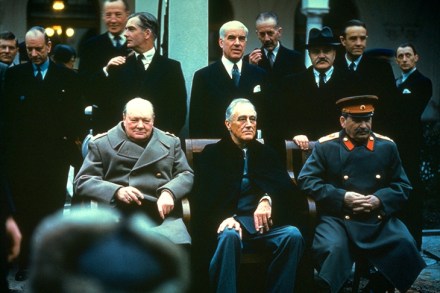The £15m Surrey mansion where Rudolf Hess was held prisoner
The restoration of any run-down English country mansion is likely to involve extensive re-roofing, re-plumbing and re-wiring. Only one, however, is likely to uncover microphone wires hidden deep within walls by MI6, or involve the polishing of a grand, three-storey oak staircase over which Hitler’s top henchman, dressed in full Nazi regalia, tried to throw himself (failing when he got his leg stuck in the balustrade). Mytchett Place, between Ash Vale and Frimley Green in Surrey, is a sprawling 23,000 sq ft Victorian house that has just hit the sales market for £15 million. In recent years used as commercial premises, it’s in need of complete renovation, but comes with


